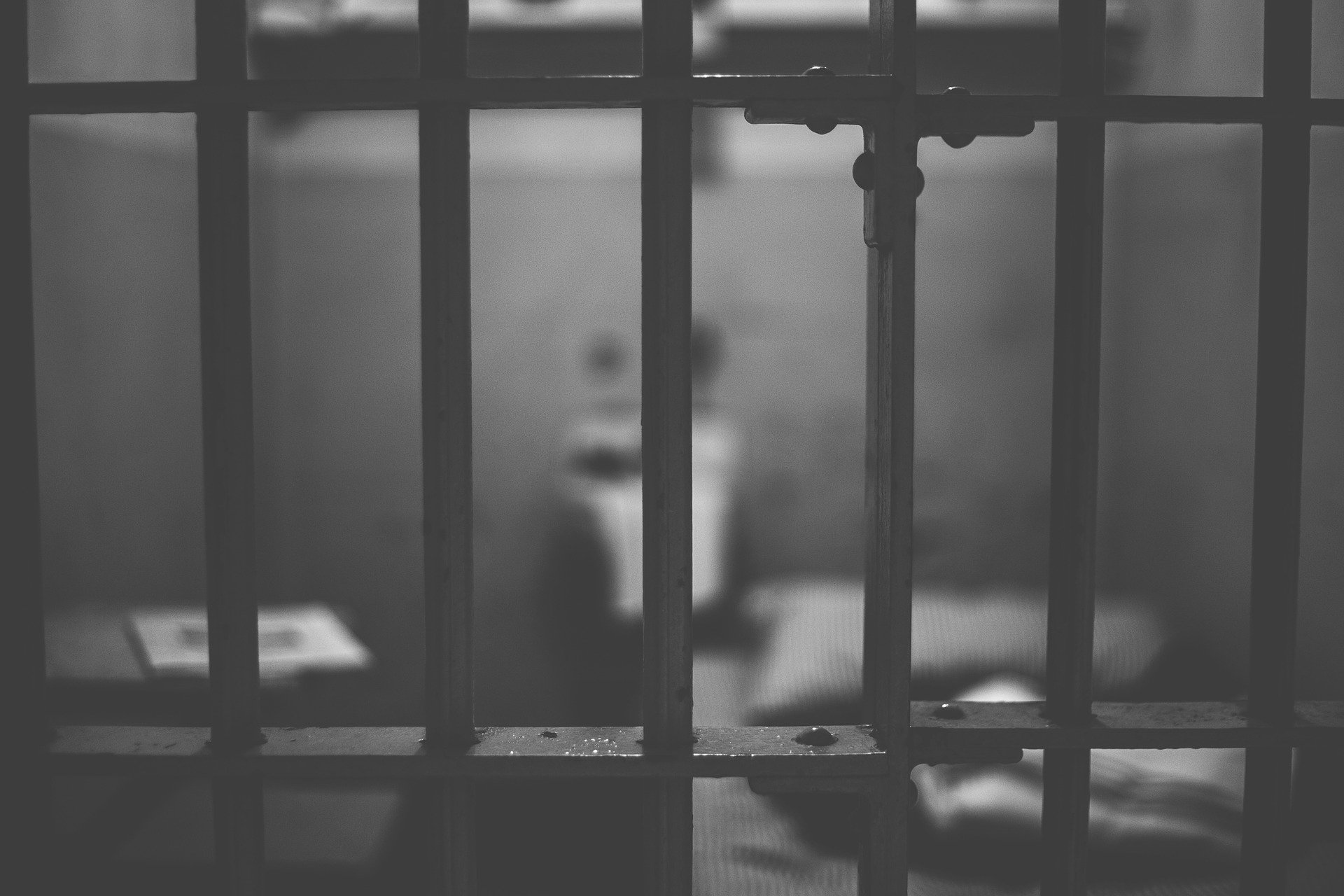An estimated 450 million people around the world are affected by behavioral and mental health conditions. However, the prevalence of mental health issues is especially high in prisons. In this article we will consider four factors that directly contribute to the high rate of mental health disorders in prisons worldwide. We will also discuss the benefits of responding promptly to these pressing concerns.
1. Prisons Make Mental Health Issues Worse
Although some inmates may have mental health concerns before entering prison, it is not uncommon for these issues to become worse in prison. There are a number of reasons for this distinct decline in mental health. Some of these include:
- The increased stress of being a prisoner
- Lack of privacy
- Enforced solitude
- Doubt about the future (family, work, relationships)
- Increased exposure to violence
- Overcrowding
- Lack of meaningful activity
- Having one’s human rights violated repeatedly
- Poor access to mental health services
Even individuals who do not have pre-existing mental health concerns may develop issues such as anxiety and depression in prison. In some cases, inmates with severe depression or other chronic mental health conditions choose to commit suicide.
2. Prisons Are Used to Keep People With Mental Health Issues Off The Streets
Many countries use prisons as a dumping ground for individuals with mental health issues. For example, people with a severe mental health condition may be locked up due to a lack of effective mental health services. Some individuals with minor mental health issues may be placed in prison for petty offenses rather than given the mental health services they need. This may contribute to their mental health issues going undiagnosed and untreated, which may cause them to become worse over time. Homeless people with mental health issues are at significantly higher risk of imprisonment than the average person in society.
3. Mental Health Stigma
People with mental health issues may be discriminated against and marginalized by society. This is often due to misconceptions about mental health. Mental health stigma also persists in prison. This may cause inmates who need mental health services to avoid seeking care.
4. Available Resources Are Often Wasted
There are many effective treatments for mental health issues. Some of these treatment strategies are affordable and easy to implement. However, funding for prison mental health programs are often wasted on expensive interventions that simply do not work. In other cases, funding is wasted on building massive treatment facilities that are expensive to operate and benefit only a small percentage of prisoners in need of care.
How Can This Problem Be Solved?
Educating the wider society about mental health is essential for long term success. People who are interested in applying their knowledge of mental health in the legal arena may choose to pursue an online forensic psychology degree. Early detection, prevention, and treatment of mental health disorders help people to keep their symptoms under control. Laws may also be introduced that divert people with mental health issues to mental health treatment rather than the criminal justice system.
The Benefits of Better Mental Health Care in Prison
Providing inmates with better mental health services has a number of benefits. Firstly, inmates who receive increased care are more likely to experience better health and quality of life. Prison employees benefit by working in an environment with a higher morale and will have to deal with less incidents that are related to poor mental health among inmates. And finally, the community benefits as inmates who leave prison have higher mental stability, are less likely to re-offend, and are better able to function in society.


